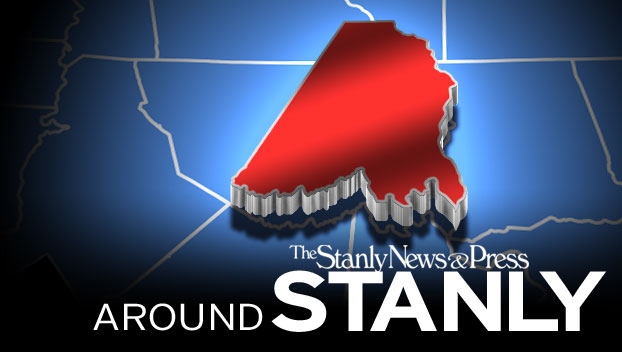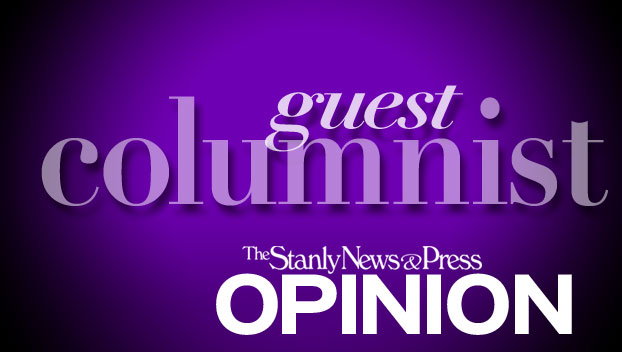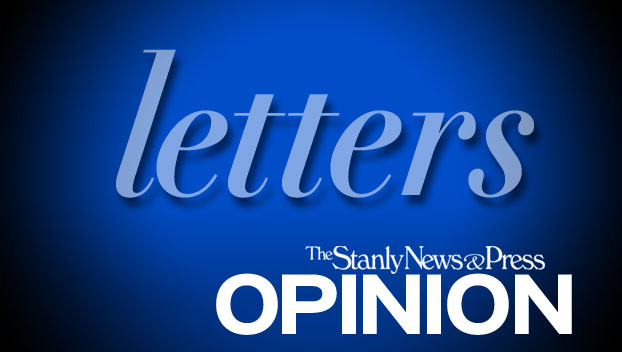
News
DOT awards $2.2 million contract for Stanly County roads
Stanly County drivers will soon have a smoother ride on approximately six miles of roadway, thanks to a ... Read more

Stanly County drivers will soon have a smoother ride on approximately six miles of roadway, thanks to a ... Read more

There’s a concept in politics called a “trial balloon.” It’s a way to test the support for a ... Read more

I no longer live inside the city limits of Albemarle since moving in 2019; however, I did for ... Read more

A pair of contracts awarded by the N.C. Department of Transportation will bring improvements to more than 25 ... Read more